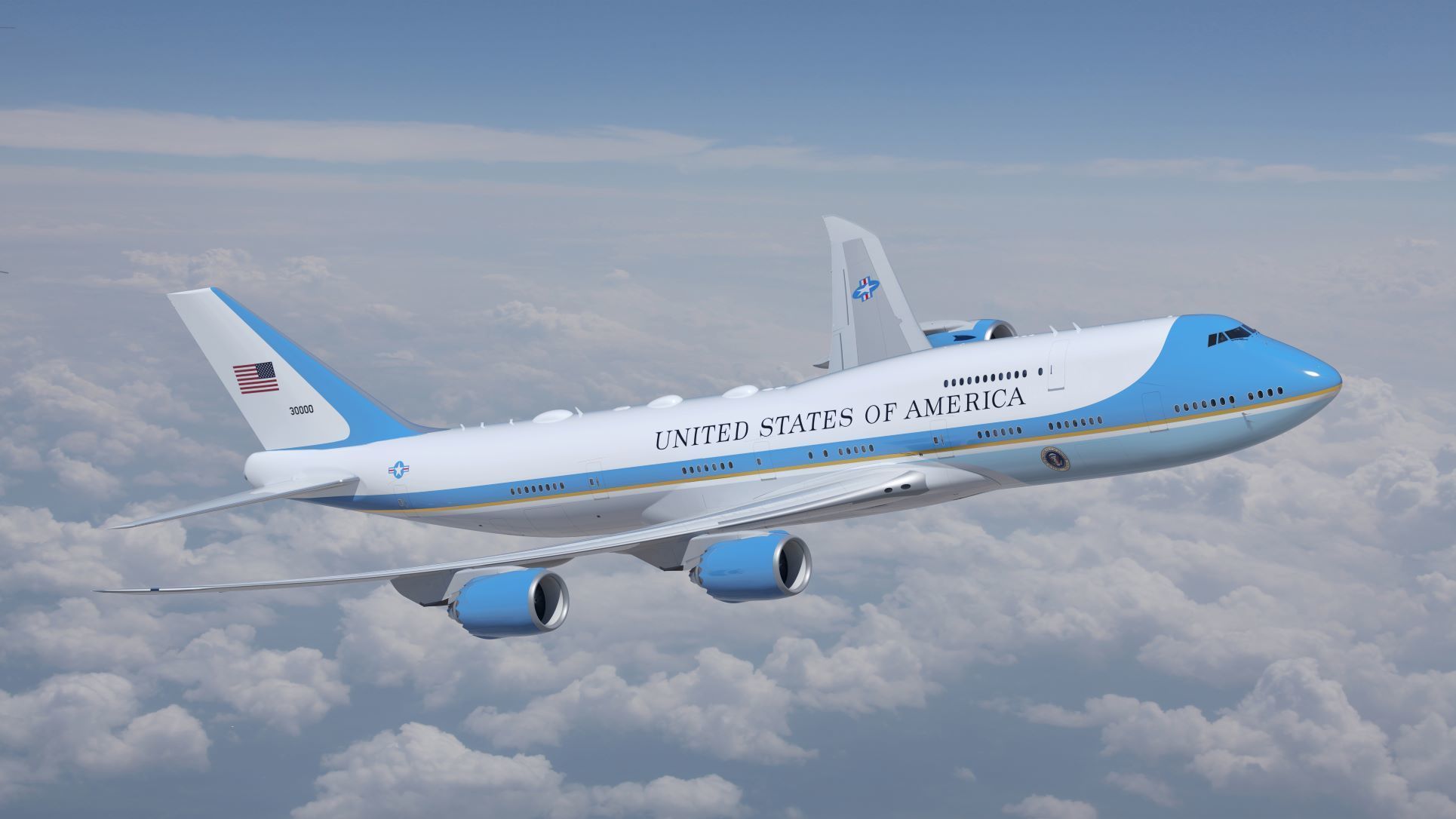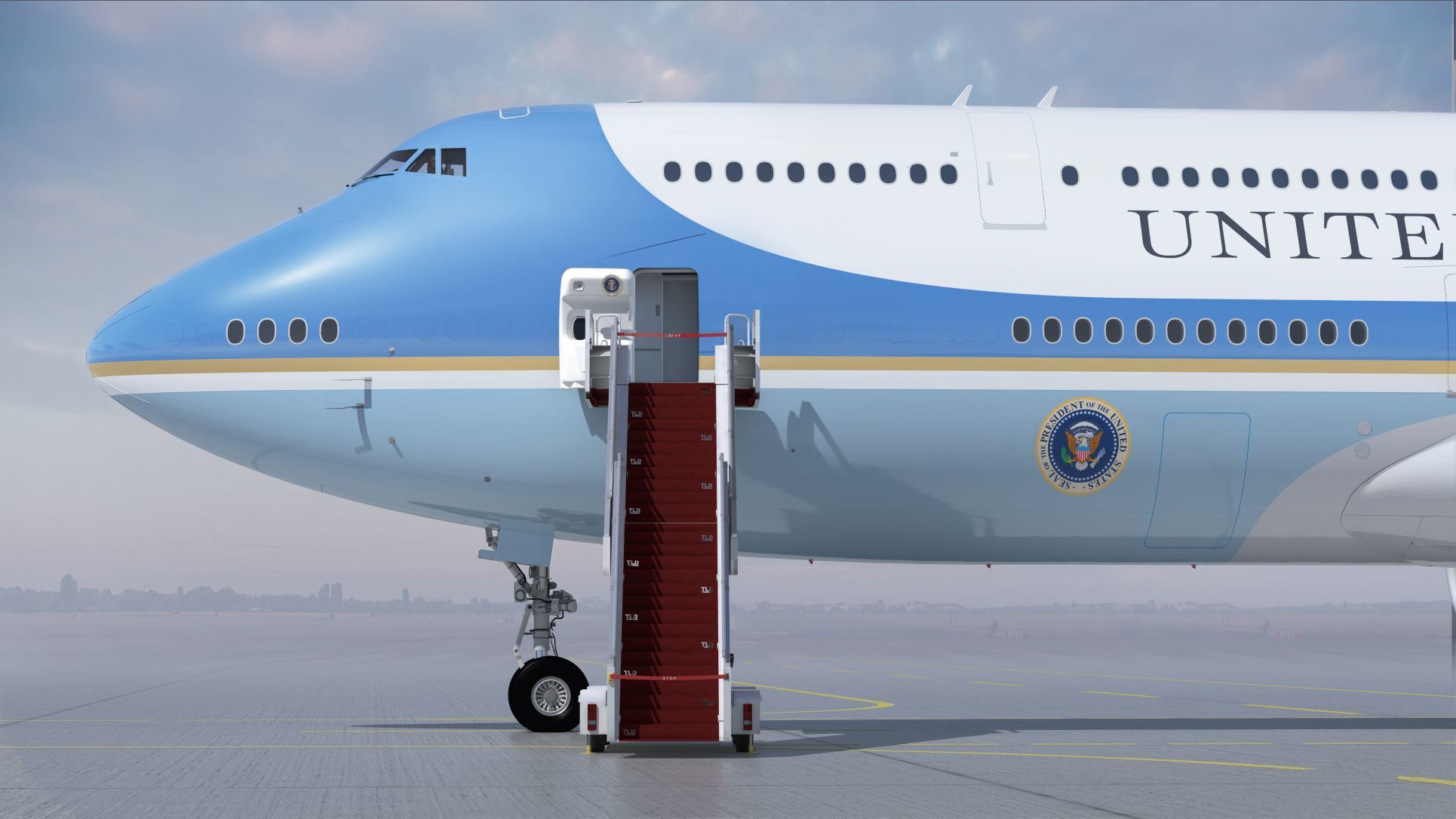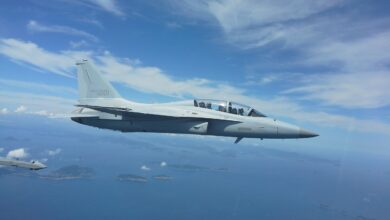Donald Trump said Wednesday his administration was “looking at alternatives” to Boeing following delays in delivering two new models of the US presidential Air Force One plane.
“I’m not happy with Boeing,” the president told reporters aboard his current jet. “We’re looking at alternatives because it’s taking Boeing too long.”
The US aerospace giant agreed in 2018 to supply two 747-8 planes by the end of 2024 for $3.9 billion — both ready to transport whoever occupied the White House at that time.
But a subcontractor went bankrupt and the coronavirus pandemic disrupted production, forcing Boeing to push back the delivery date to 2027 and 2028.
Trump said he was open to buying planes “from another country” but would not consider Boeing’s European rival Airbus to build the jets.

Air Force One is a highly customized plane that includes high-tech communication facilities, a medical bay, and a defense system.
The current Air Force One jets face rising maintenance costs and use parts that are increasingly obsolete.
Trump’s comments are the latest blow to embattled Boeing, which reported an $11.8-billion loss last year.
The company continues to experience a hit from a more than seven-week labor strike that shuttered two major assembly plants.
Boeing’s performance was also marred by a troubled flight in January 2024 when a 737 MAX flown by Alaska Airlines made an emergency landing after the plane suffered a mid-flight blowout of a window panel.
Following that incident, Boeing faced intensified scrutiny from US air regulators and slowed output.
Boeing is also suffering from legacy fixed-cost defense contracts that have led to losses for the company.












